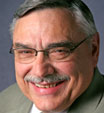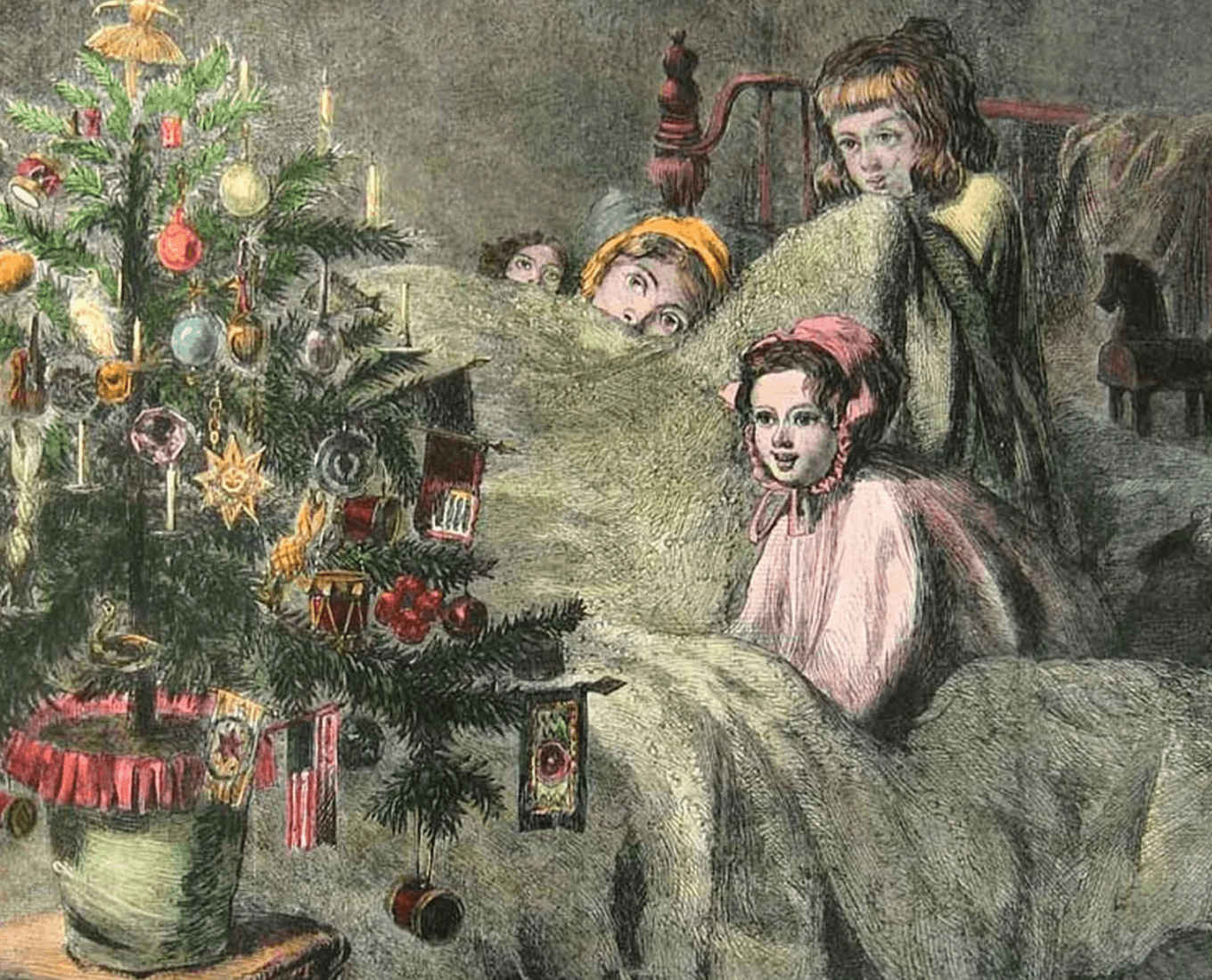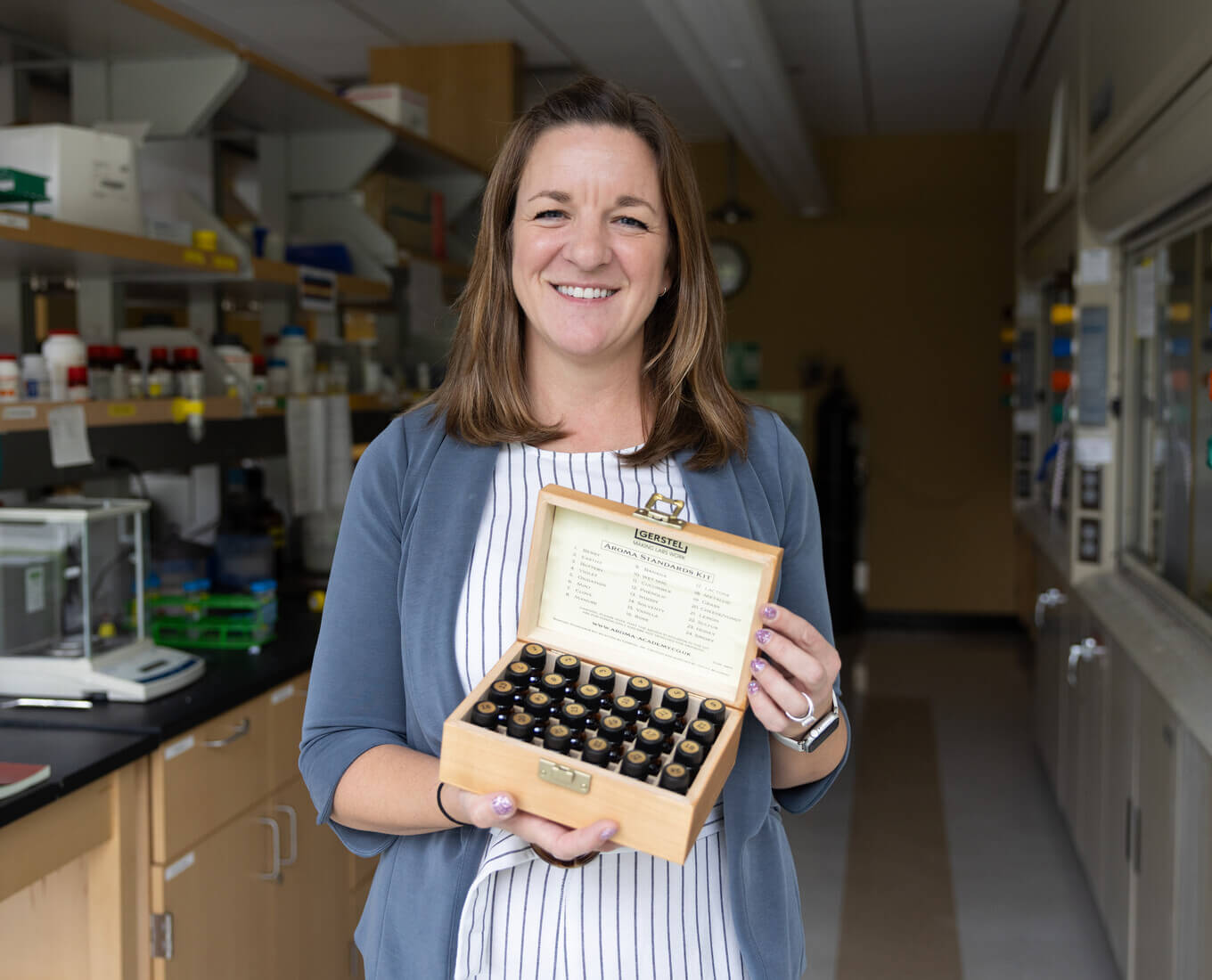 For someone who’s retiring in less than two months, Matthew Toth certainly doesn’t let on he’s about to slow down.
For someone who’s retiring in less than two months, Matthew Toth certainly doesn’t let on he’s about to slow down.
Sitting in his office in early May, Toth, associate dean for student development, still has the same passion for his work at Holy Cross as the day he started 36 years ago — the same kind that has earned him national recognition in his field. He came to Holy Cross after receiving his Ph.D. in counseling and counseling education from Ohio University and has spent his entire professional career improving the lives of, teaching, and counseling students.
“One of the things that makes us unique is our commitment to religious issues — issues beyond ourselves,” he says. “It means all of us working to understand that students are much more than just a mind that is disconnected from who they are as human beings. When you look at our mission statement, we talk about all of that. We don’t talk about just graduating very smart people who have very clear academic information. We’re talking about graduating very special people. You don’t develop that by only working in the classroom.”
Since 1970, Toth has served in various roles at the College: from director of the counseling center to professor of psychology courses. Throughout his career, he says it’s been the students — especially those he has been able to counsel — who have continued to fuel his enthusiasm and keep him inspired.
“It’s the hundreds and hundreds of students with whom I have been privileged to work and helped lift whatever they were carrying that interfered,” he says, when asked what his biggest accomplishment has been. “To me, still, the most amazing thing is that students allow you to participate in their lives. There’s no question in my mind. That interaction — watching that growth and development take place — there’s just nothing like that. That is a real privilege.”
It’s one that he’s glad he was able to offer. Holy Cross was “way ahead of the curve” by offering psychological services as early as 1960.
“There’s no question that people run into barriers,” he says, pointing out that not all students need counseling. “What do you do with that? Does it become something that destroys you or is there a way to look at that barrier and talk to someone?”
Perhaps his most visible singular achievement was developing an emergency response program at the College in 1988, a time when most schools went without one. The program led to a book of protocols which serves as an overall template the community can use to compassionately manage crises by restoring a state of balance as quickly as possible.
“Until the late 1990’s, very few schools had something like that,” he says, stressing its importance. “People were just not worried about that. The trouble is, if you don’t have that kind of system in place you can make a real mess out of an emergency and there’s no reason that you shouldn’t have that in place.”
The program has been used as a model for other colleges and universities nationwide and Toth has delivered talks about the need for this development, including one at the Student Affairs division of last year’s Association of Jesuit Colleges and Universities conference.
Toth’s dedication to other student issues has been no less fervent. He has developed and oversees the area of disability services and heads an assessment program across all departments in the Office of Student Affairs to “gauge the impact of what we’re doing and seeing if it matters and if we should be doing something else.” He has also worked tirelessly to educate students on the harmful effects of heavy drinking.
“Holy Cross has not been afraid to approach issues concerning alcohol and talk about it publicly,” he says. “We’re very active even though it’s a very difficult job to deal with. It’s so normalized — drunk behavior, not just drinking. We do a lot of work with students who have gotten themselves in pretty serious community standards trouble. We do alcohol education, we do follow ups in alcohol education, we do programming in dormitories, we have wellness events, we hold non-alcoholic alternative events — we do all of that.”
But despite dealing with enough thorny issues for even the most battle-hardened of players, his biggest challenge may lie ahead — leaving the job he loves. So why retire now? Toth, who lives in Auburn, says he’d like to spend more time with his four children — including a Holy Cross alumnus — and nine grandchildren and leave while still on top.
“I have a lot of fun doing what I do. It’s not going to be easy at the end of June to walk away. I know that.”
Working for the Student
After 36 years, caring associate dean heads for retirement
Read Time
4 Minutes

